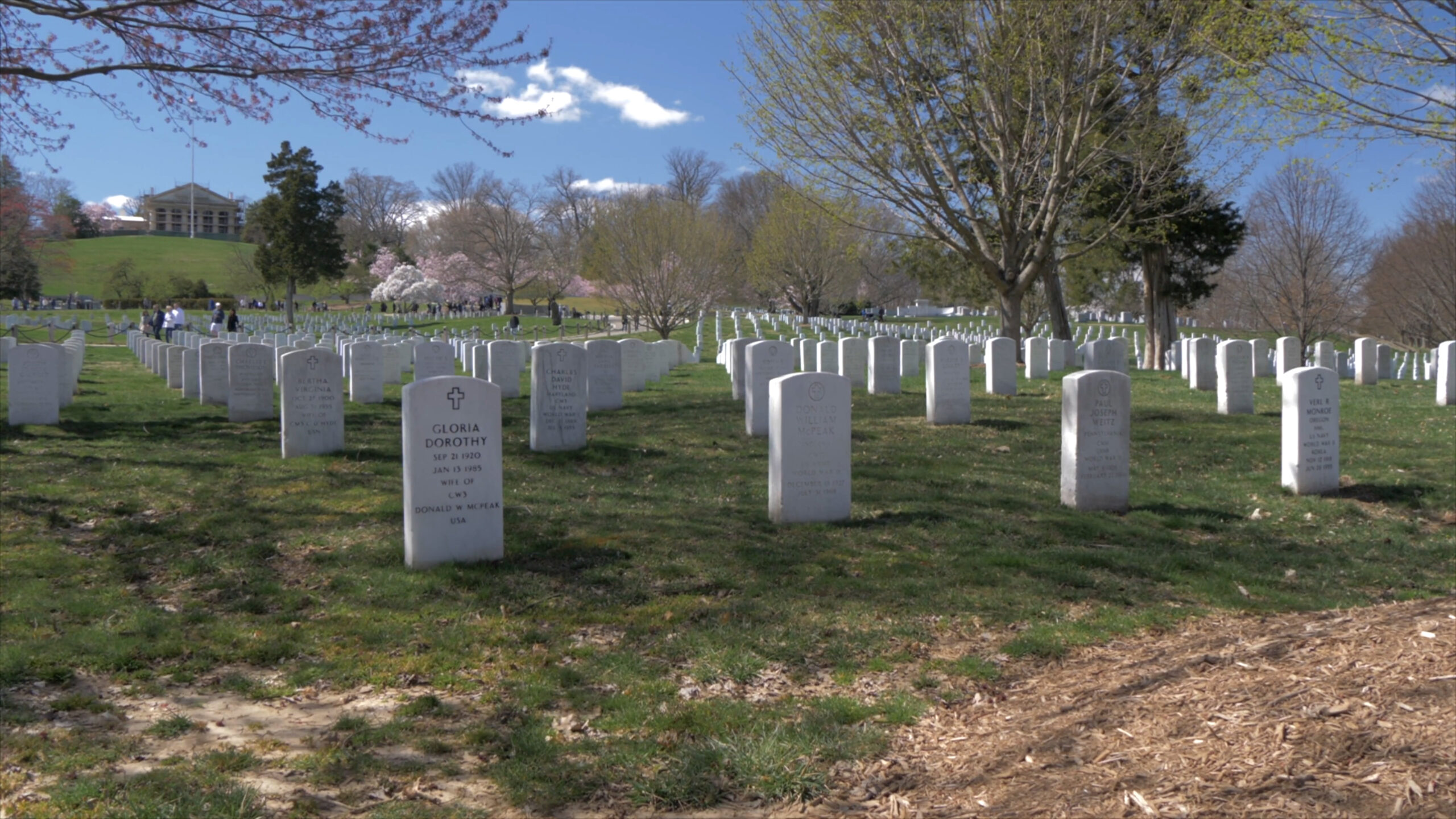
In a recent ruling, a federal judge has ordered the U.S. Army to release documents related to former President Donald Trump’s controversial visit to Arlington National Cemetery during his tenure. The ruling comes after concerns were raised about the nature of Trump’s visit, the potential misuse of military assets, and whether his actions violated established protocols or laws governing such sacred spaces. This article will provide background on Trump’s Arlington visit, explain the rules it may have violated, and evaluate the situation through a secular humanist lens.
Background on Trump’s Visit to Arlington Cemetery
Arlington National Cemetery, located in Virginia, is a hallowed resting place for U.S. service members. It is a symbol of the ultimate sacrifice made in defense of the nation, with strict rules to protect the sanctity and dignity of the grounds. Presidential visits to Arlington are not unusual; they often mark solemn occasions, such as Memorial Day, to honor the dead.
However, Trump’s visit, scheduled close to the November 2020 election, raised concerns. Reports suggest that the visit may have been used as a photo-op for his re-election campaign rather than a moment of genuine reflection and honor. Additionally, there are allegations that the visit involved the inappropriate use of military resources, possibly violating long-standing laws that prevent military involvement in political activities.
Potential Rules and Laws Violated
One of the primary concerns with Trump’s visit to Arlington National Cemetery centers around the Hatch Act, which prohibits federal employees from engaging in partisan political activities. While the president is exempt from this law, his actions can still be scrutinized if they imply the use of federal resources for campaign-related purposes.
The Department of Defense (DoD) and Arlington Cemetery have stringent regulations designed to maintain the cemetery’s non-partisan and apolitical character. If Trump’s visit was orchestrated or used as part of a campaign strategy, this could have blurred the line between respect for fallen soldiers and political maneuvering, potentially violating military norms and ethical guidelines.
The federal judge’s order to release the documents is crucial because it could reveal whether Trump’s visit involved any inappropriate or illegal use of military assets for political gain. The documents may show the extent of military involvement, logistical support, and other resources that were utilized.
Evaluating Trump’s Actions Through a Secular Humanist Lens
From a secular humanist perspective, ethics are based on reason, empathy, and respect for human dignity. The use of Arlington National Cemetery as a potential prop for political purposes is antithetical to these values. Secular humanism calls for leaders to uphold the dignity of all individuals, especially in spaces like Arlington National Cemetery, which represents the nation’s respect for those who have given their lives in service.
Trump’s behavior, if proven to be politically motivated, would reflect a disregard for the solemnity of such a site. Exploiting a sacred space for personal political gain is deeply unethical, reducing a moment of potential reflection and honor to mere spectacle. This reflects a broader pattern in Trump’s leadership style, which frequently places personal ambition above the greater good.
Moreover, Trump’s actions, through a secular humanist lens, highlight a dangerous precedent—using public institutions, such as the military, in a way that undermines the foundational principles of democracy. In a secular society that values ethical leadership, accountability, and the separation of personal gain from public service, Trump’s Arlington visit falls woefully short.
The federal judge’s order to release documents on Trump’s Arlington visit could provide insight into whether this visit violated ethical or legal standards. If proven, it would not only represent a misuse of military resources but also a deep disrespect for the men and women buried at Arlington. Evaluating Trump’s actions through a secular humanist lens reveals an ethically troubling scenario, where personal and political motivations appear to outweigh the respect and honor owed to the nation’s fallen. Such behavior serves as a reminder of the importance of holding leaders accountable to the ethical standards that uphold the dignity of public institutions. By addressing these concerns, we reinforce the values that secular humanism champions—integrity, respect, and empathy for all individuals, especially those who have made the ultimate sacrifice.


